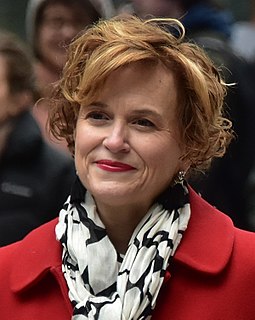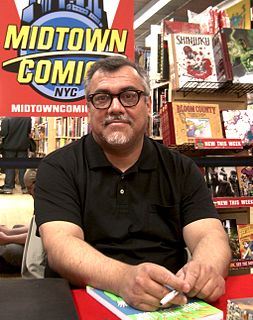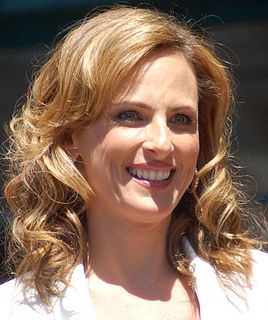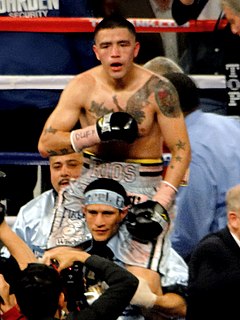A Quote by Betsy Hodges
Everybody is happier living in a mixed-income neighborhood.
Related Quotes
If you're going to compare a middle-income black kid with a middle- income white kid, and, say, you control for family background, family education, and family income, and if this middle-income black kid doesn't score as well as the white kid on the test, then I say, look, you haven't taken into consideration the cumulative effect of living in a segregated neighborhood and going to a de facto segregated school. You're denying a position at Harvard or some other place to a kid that really could make it. That's why I support affirmative action that's based on both class and race.
If you have an all-white neighborhood you don't call it a segregated neighborhood. But you call an all-black neighborhood a segregated neighborhood. And why? Because the segregated neighborhood is the one that's controlled by the ou - from the outside by others, but a separate neighborhood is a neighborhood that is independent, it's equal, it can do - it can stand on its own two feet, such as the neighborhood. It's an independent, free neighborhood, free community.
During the 1960s, one neighborhood in San Francisco had the lowest income, the highest unemployment rate, the highest proportion of families with incomes under four thousand dollars a year, the least educational attainment, the highest tuberculosis rate, and the highest proportion of substandard housing ... That neighborhood was called Chinatown. Yet, in 1965, there were only five persons of Chinese ancestry committed to prison in the entire state of California.
When women earn the money for the family, everyone in the family benefits. We also know that when women have an income, everyone wins because women dedicate 90% of the income to health, education, to food security, to the children, to the family, or to the community, so when women have an income, everybody wins.


































